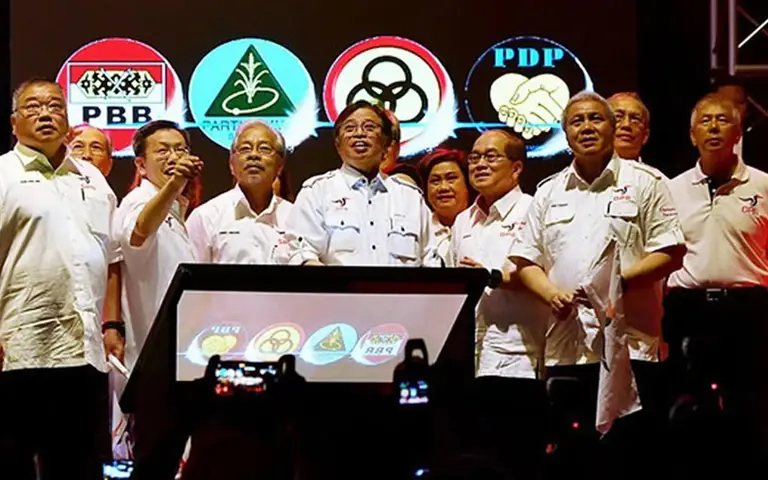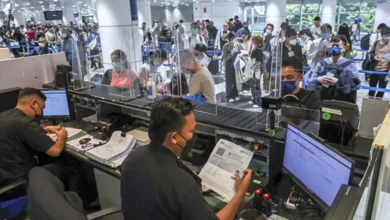GPS-like coalition won’t work in Johor, say analysts
GPS-like coalition won’t work in Johor, say analysts

PETALING JAYA: Political analysts have dismissed a suggestion that political parties in Johor unite under a coalition known as “Gabungan Bangsa Johor” to safeguard the state’s interests, saying it is unworkable.
Council of Professors fellow Jeniri Amir called the notion “idealistic” and said it would be difficult to implement given the parties’ conflicting ideologies.
“It’s very difficult for these national parties to work together and unite under one alliance like Gabungan Parti Sarawak (GPS). They each have differing political ideologies, particularly DAP and PAS,” he told FMT.
Jenriri was commenting on Johor regent Tunku Ismail Sultan Ibrahim’s suggestion that the likes of PKR, DAP, Umno and PAS emulate GPS by forming a coalition at state level.
In a podcast aired live on Facebook, Tunku Ismail said Sarawak had negotiated more effectively with federal authorities via its ruling coalition, GPS.
DISYORKAN UNTUK ANDA :
- Beranikah Lim Lip Eng Di Siasat Sebagaimana Hannah Yeoh
- Cabaran PRK DUN Sungai Bakap Kepada Parti Politik
However, Jeniri pointed out that GPS became the ruling coalition in Sarawak because its component parties were strongly united against the opposition.
“The parties in GPS are united under one voice and demonstrate strong state nationalism, particularly under the current leadership of its premier (Abang Johari Openg).”
Jeniri, however, said the same was not true for Johor, where Barisan Nasional holds 40 seats in the state assembly while the opposition, Pakatan Harapan and Perikatan Nasional, hold 12 and three, respectively.
GPS was formed after Barisan Nasional lost power in the 2018 general election. It is currently the country’s fourth-largest political coalition, with 23 seats in the Dewan Rakyat.
DISYORKAN UNTUK ANDA :
- Beranikah Lim Lip Eng Di Siasat Sebagaimana Hannah Yeoh
- Cabaran PRK DUN Sungai Bakap Kepada Parti Politik
With 79 seats, the coalition, made up of four local parties – Parti Pesaka Bumiputera Bersatu (PBB), Parti Demokratik Progresif (PDP), Sarawak United People’s Party (SUPP) and Parti Rakyat Sarawak (PRS) – boasts an overwhelming majority in the 82-seat Sarawak legislative assembly.
He also said comparing Johor’s relationship with the federal government to that of Sarawak was “misplaced”, since the Borneo state joined the federation via the Malaysia Agreement 1963, which made it an “equal partner” with Malaya.
However, Fauzi said the idea might be feasible if local parties similar to those in GPS are established in Johor.
“There’s no harm in trying. It might be more feasible if Tunku Ismail himself sponsors such a movement at the grassroots level,” he said.
GPS-like coalition won’t work in Johor, say analysts
DISYORKAN UNTUK ANDA :
- Muhyiddin Jangan Hipokrit Dalam Isu Subsidi Bersasar
- Sekarang Masa Yang Tepat Untuk Rafizi Keluarkan Formula






